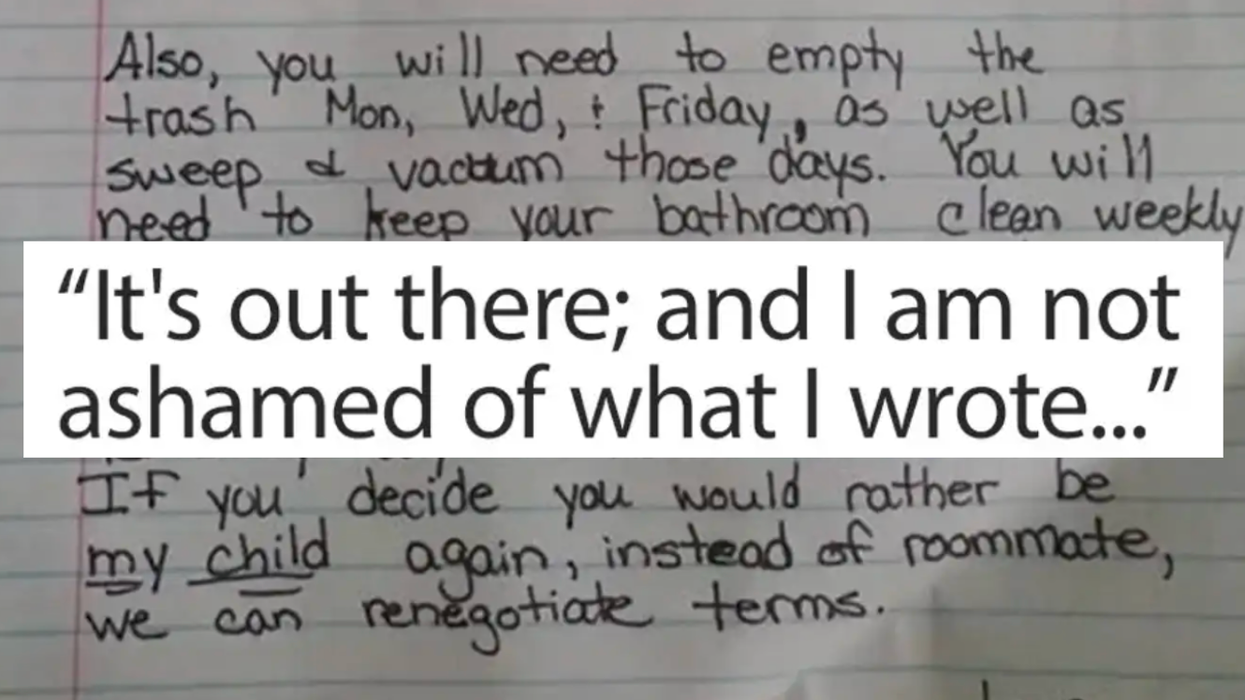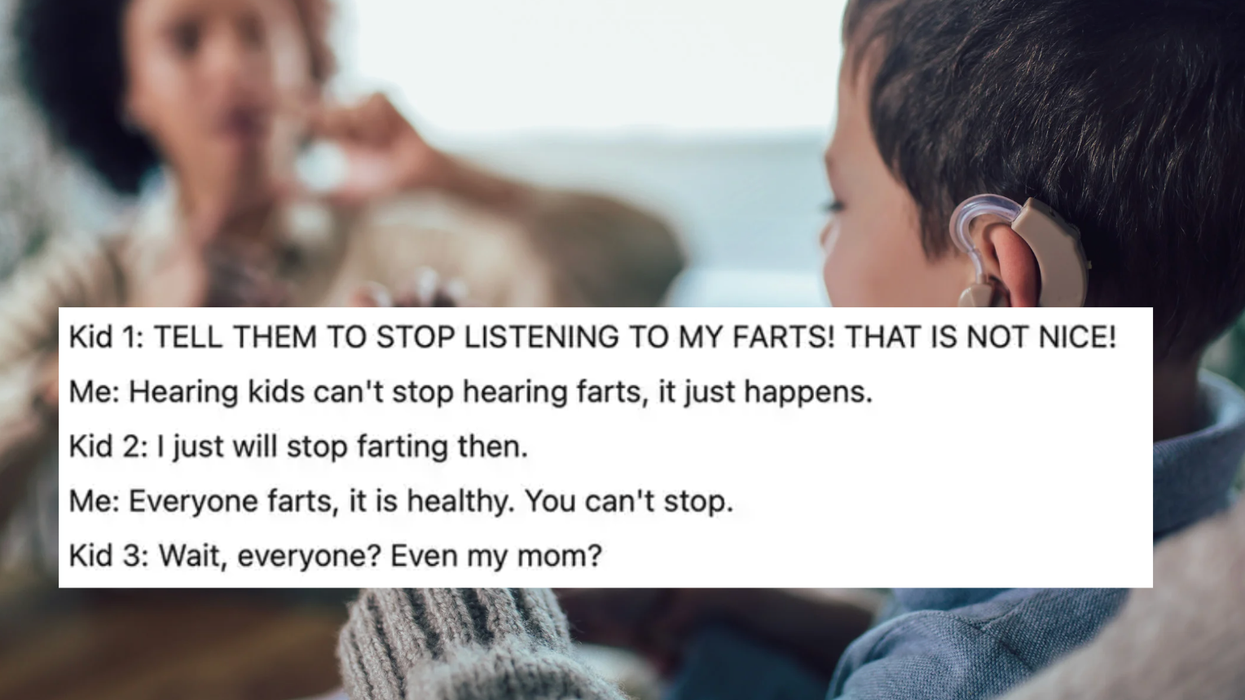David Bollier is the co-founder of Public Knowledge, author most recently of Viral Spiral: How the Commoners Built a Digital Republic of Their Own, and the editor of OntheCommons.org.
I spent many years in Washington, mostly in the public interest community, with Ralph Nader and the head of the auto safety agency. Over time I came to see that the commons was a way of protecting shared resources and using them in ways that the market didn't. In other words, how sharing resources-be it in culture, or resources like water-was something I was concerned about as an activist and as a citizen.
I wrote a book called Silent Theft: The Private Plunder of Our Common Wealth, which described all sorts of different collective resources that we own, either morally or legally, that are being essentially privatized or commoditized for the market. And around the year 2000 I realized that copyright was playing a very harmful role in many aspects of culture and democracy, and I focused much more on internet policy and copyright. That lead me to co-found Public Knowledge, the Washington, D.C., advocacy group which deals with a lot to tech policy, copyright, and intellectual property issues. I saw once again that the commons was a very useful way of describing resources that didn't really have a name and therefore couldn't be adequately protected under the law.
I've just completed a book called Viral Spiral: How the Commoners Built a Digital Republic of Their Own, and it tells the history-from the creation of free software in the 1980s through the present-of how commoners in different fields helped create a legal and technological infrastructure (and the social communities) for sharing resources in the commons. We can see it in the remix community of music, or video mashups, and we can see it in academia, where scientists and other scholars are trying to find new ways to share their academic output. It's proliferating in the open education movement, with things like the One Laptop Per Child initiative, open access scholarly publishing, and new kinds of journals. And you can see it most obviously in the development of open source software, this new mode of sharing creativity in order to create valuable things. So the book describes the breath of activity going on where the commons is the basis for creating new kinds of value. It shows that sharing and access don't have to be against one's business interest. The real challenge is to develop new business models that can exploit the capacities of the internet in new ways, and to start to shed or migrate away from the old business models of the 20th century.
A lot of the difficulty in moving free culture and other commons initiatives forward is public education; it's often hard to explain those ideas to people and get them to understand their value. The problem is that so many people come at this from different perspectives, cultures, or creative sectors, so there is not necessarily a shared vocabulary for approaching this, and there are often very different purposes depending on the history of the particular creative community or the medium that they are working in. Scientists are dealing with something quite different from mash-up artists or performance artists. So you have such a diverse mix of creativity going on that it can be difficult to see what is shared in common. I think that remains an ongoing challenge for the free culture movement. In other ways this diversity is extremely healthy, and I think that we find people coming from different places helps invigorate the whole creative field. People can find new things they hadn't expected, and that is what makes this kind of creativity so exciting-that it's not all fixed within the same historical frame, but anything is possible.
Story as told to Eric Steuer. Click the play button below to listen to the interview on which this piece is based.
Eric Steuer is the creative director of Creative Commons, a nonprofit organization that works to make it easier for creators to share their work with the rest of the world. It also provides tools to make it easier for people to find creative work that's been made available to them-and the rest of the world-to use, share, reuse etc., freely and legally. This is the third in a series of edited and condensed interviews called "We like to share," in which Steuer talked to people who work across a variety of fields who use sharing as an approach to benefit the work that they do.
This work is licensed under a Creative Commons Attribution 3.0 United States License.
















 Otis knew before they did.
Otis knew before they did.